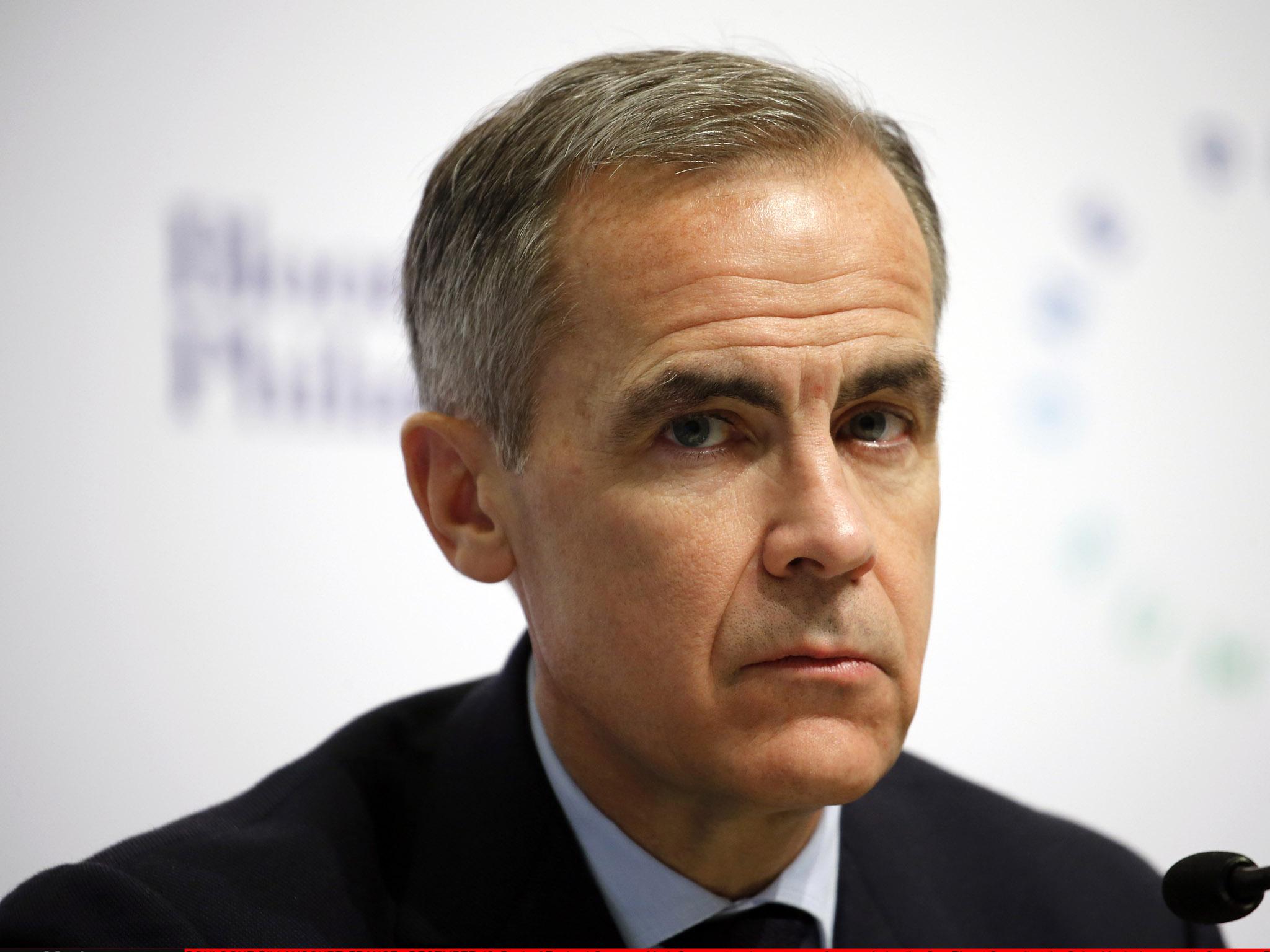Bank of England Governor Mark Carney takes swipe at Mervyn King's financial crisis leadership
One of the most high profile figures to warn of the dangers of 'moral hazard' between 2007 and 2009 was the former Bank Governor, Mervyn King

Mark Carney, the Governor of the Bank of England, has taken a veiled swipe at the leadership of his predecessor, Mervyn King, during the global financial crisis.
In a speech on the theme of “leadership in a disruptive age” in London Mr Carney looked back to the global financial panic of 2008 when he said “the need for clarity of mind, thought and communication” from central bankers had been “paramount”.
Mr Carney, who has led the UK’s central bank since 2013, went on: “Some fretted that actions to save a crumbling system would encourage reckless behaviour in the future. [Then Federal Reserve chair] Ben Bernanke was clear that invoking moral hazard in the middle of the US financial crisis was misguided and dangerous.”
“Even a strategy that is half-baked but gets you out of immediate danger is better than waiting for the perfect answer and being annihilated.”
But one of the most high-profile figures to emphasise the dangers of “moral hazard” in the banking system between 2007 and 2009 was the former Bank Governor, Mervyn King, (now Lord King of Lothbury).
After the direct government bailout of Lloyds and the Royal Bank of Scotland and the lavish indirect support to the rest of the sector, Mr King explicitly warned in 2009 that this had “created possibly the biggest moral hazard in history”.
And in his 2011 memoirs, the former Chancellor, Lord Darling recounted that Mr King refused for months to pump liquidity into the banking system in 2007.
“I was so desperate that I asked the Treasury to advise me as to whether we could order the Bank to take action,” Mr Darling wrote.
“The advice was that while it was possible, it would undermine the Bank’s independence.”
However, Lord King has rejected the charge that the Bank was slow to act in the financial crisis, pointing out that, in fact, the Bank injected more long-term liquidity into the domestic banking system in 2007 than its counterparts in the US or the eurozone.
Subscribe to Independent Premium to bookmark this article
Want to bookmark your favourite articles and stories to read or reference later? Start your Independent Premium subscription today.

Join our commenting forum
Join thought-provoking conversations, follow other Independent readers and see their replies